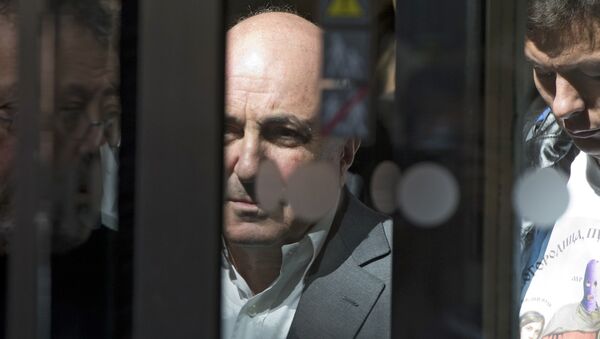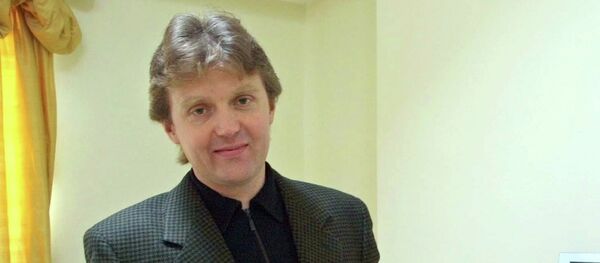"Although Berezovsky played a key role in this provocation [Litvinenko's murder], he was not the mastermind… I have no doubt that Berezovsky acted in accordance with the UK intelligence services' instructions and jointly with them, so he subsequently paid with his life when decided to return home," Chaika told the Russian upper house in an annual report.
The official noted that "despite all his criminal talents" Berezovsky could not physically obtain polonium and falsify "such a volume of evidence that was created by UK investigators."
READ MORE: Why Berezovsky's Death in Britain Leaves More Questions Than Answers
Investigators concluded that he died from an apparent hanging and that there was no evidence of external involvement. Some UK media outlets claimed the businessman was on the verge of bankruptcy at the time of his death. He is believed to have left his estate more than 300 million pounds in debt when he died.
Ex-Russian spy Alexander Litvinenko was poisoned back in November 2006 and died later that month. Three weeks earlier, he reportedly had tea with his ex-colleagues Dmitry Kovtun and Andrei Lugovoy in downtown London.
READ MORE: Russian Diplomats Expelled Over Skripal Case Leave Embassy in London
Shortly after his death, UK authorities claimed that Litvinenko had been poisoned by his former coworkers, who made use of the radioactive isotope polonium-210 for this purpose. A public inquiry into Litvinenko's death was launched by the UK government in July 2014.
The Russian Foreign Ministry slammed the UK inquiry as politicized, saying it was not transparent enough, while Alexander's father Valter Litvinenko said that his son was poisoned by biochemist Alexander Goldfarb, who was part of Berezovsky's inner circle.



